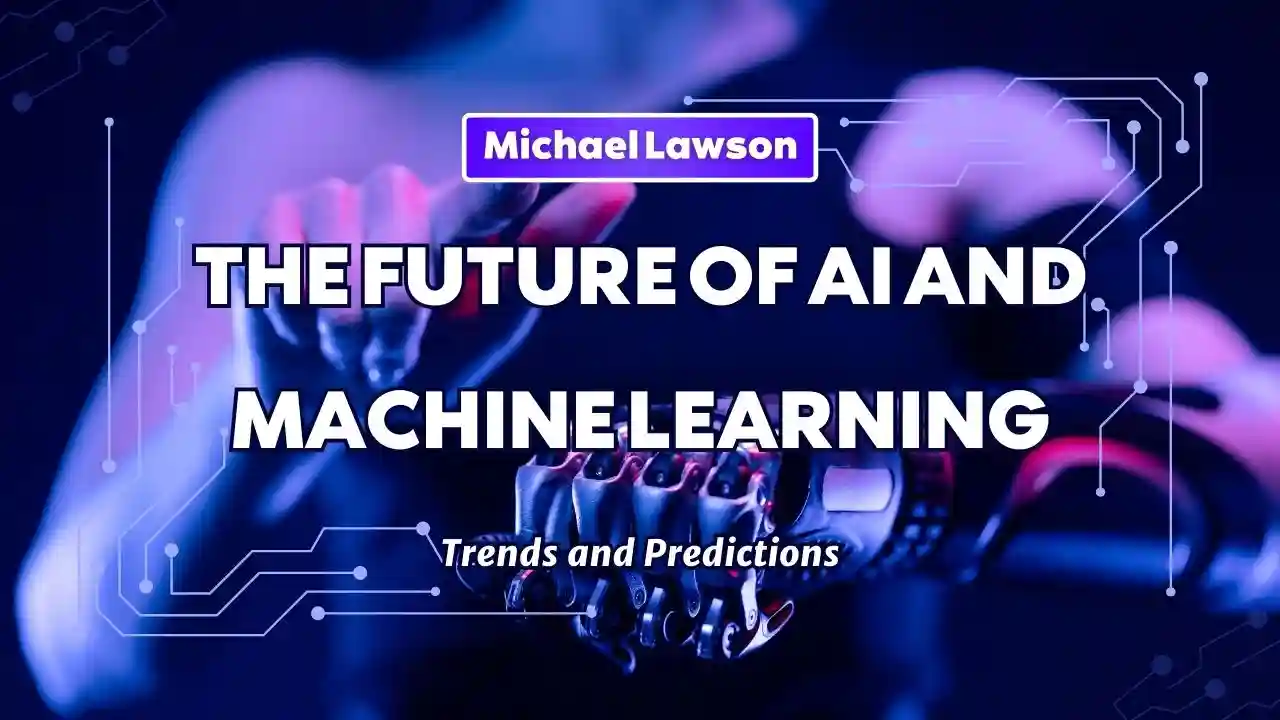Ethics in Cloud Computing: Navigating the Moral Landscape
Jan 07, 2025 - Cloud Computing

As AI and machine learning continue to evolve at a rapid pace, they are set to redefine industries and shape the future in unprecedented ways. Understanding the upcoming trends and predictions in AI and machine learning can provide valuable insights into how these technologies will impact various aspects of our lives and businesses. This article explores the key trends and forecasts for the future of AI and machine learning.
AI is becoming more embedded in our daily routines, from virtual assistants to smart home devices. Future advancements will further integrate AI into various applications, enhancing convenience and efficiency. Expect AI to become more intuitive and responsive, providing personalized experiences in everything from shopping to healthcare.
Autonomous systems, such as self-driving cars and drones, are on the verge of becoming mainstream. Machine learning algorithms will drive these systems, enabling them to make real-time decisions and adapt to dynamic environments. Advances in sensors, data processing, and safety measures will accelerate their adoption.
Natural Language Processing (NLP) is a critical area of AI that focuses on the interaction between computers and human language. Future developments will lead to more sophisticated NLP capabilities, enabling machines to understand, interpret, and generate human language with greater accuracy and context. This will enhance communication with AI systems and improve applications such as translation and sentiment analysis.
As AI systems become more pervasive, there is a growing emphasis on addressing ethical concerns. Ensuring fairness, transparency, and accountability in AI algorithms will be a major focus. Future developments will include frameworks and regulations to mitigate biases and ensure responsible use of AI technologies.
AI and machine learning are set to revolutionize healthcare by improving diagnostic accuracy, personalizing treatment plans, and accelerating drug discovery. Predictive analytics and AI-driven imaging tools will enhance patient care and outcomes, making healthcare more efficient and accessible.
Businesses are increasingly leveraging AI to optimize operations, enhance customer experiences, and drive innovation. AI-powered tools will streamline processes, from supply chain management to marketing strategies. Future trends will see AI becoming a central component of business strategy and decision-making.
AI will continue to infiltrate various sectors, becoming an integral part of both consumer and enterprise applications. The proliferation of AI technologies will drive innovation and transform how we interact with technology in our daily lives.
While current AI systems are specialized, there is a push towards developing General AI, which aims to replicate human-like cognitive abilities across diverse tasks. Although this remains a long-term goal, advancements in AI research will bring us closer to achieving General AI capabilities.
The future will see a more seamless integration of AI into collaborative work environments. AI tools will assist professionals in decision-making, automate repetitive tasks, and provide insights that enhance productivity and creativity.
With the rise of AI, security concerns will become increasingly important. Future developments will focus on creating more secure AI systems that can protect against cyber threats and ensure data privacy.
AI has the potential to address significant global challenges, such as climate change, resource management, and disaster response. Innovations in AI will contribute to solving complex problems and fostering sustainable development.
The future of AI and machine learning promises exciting advancements and transformative impacts across various domains. By staying informed about these trends and predictions, businesses and individuals can better prepare for the changes that lie ahead and harness the full potential of these technologies.
Copyright © 2026 ByteTechBlog By infyable.com. All Right Reserved.